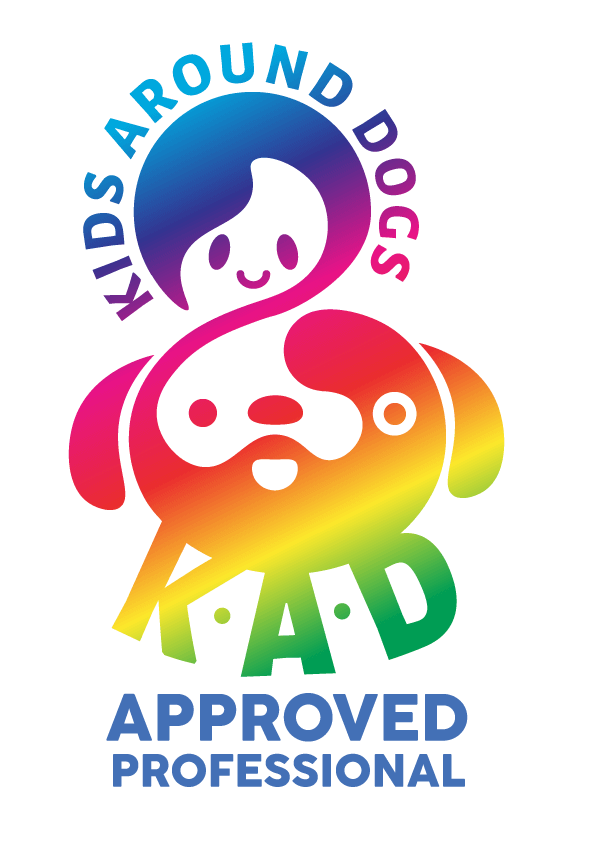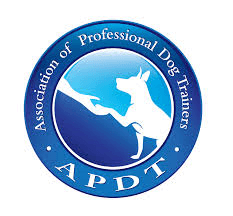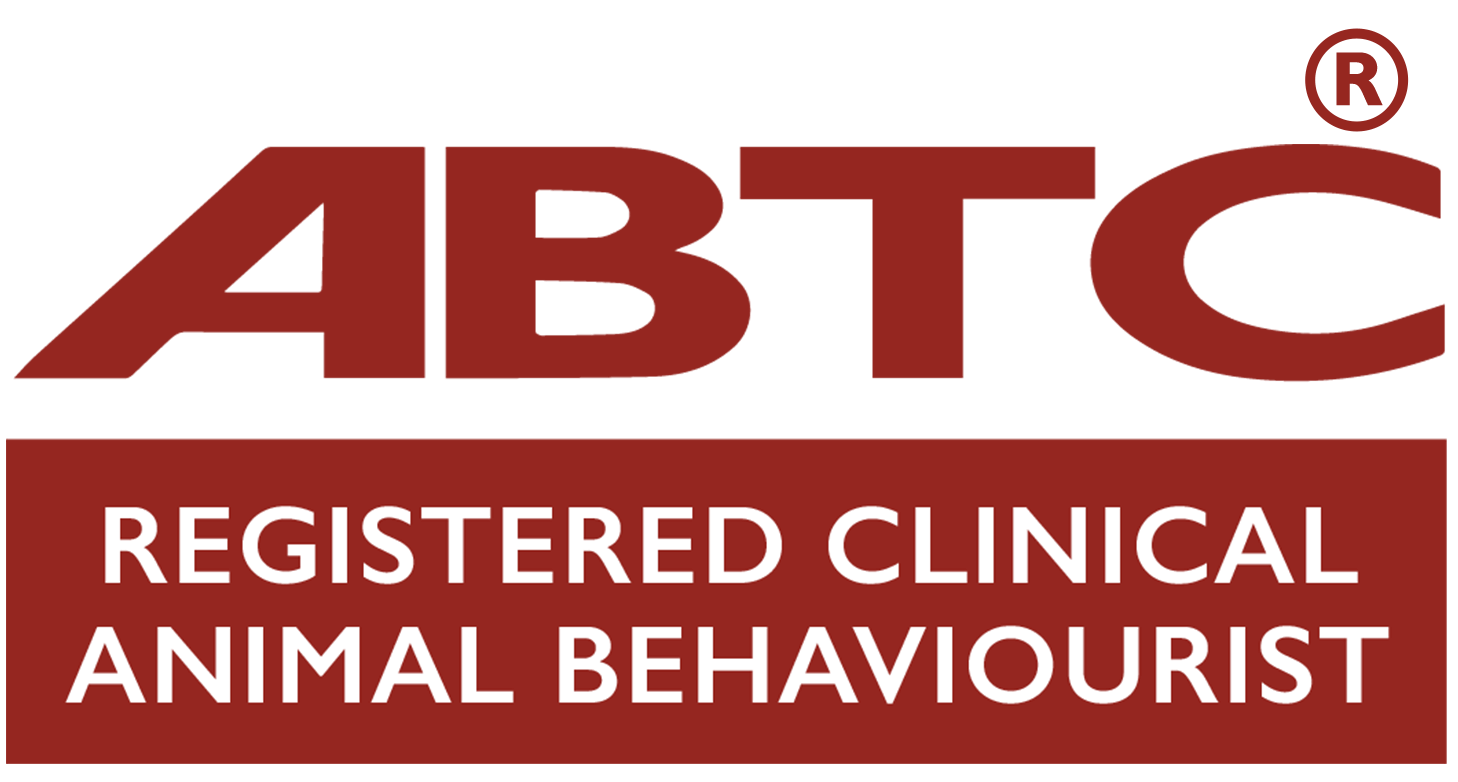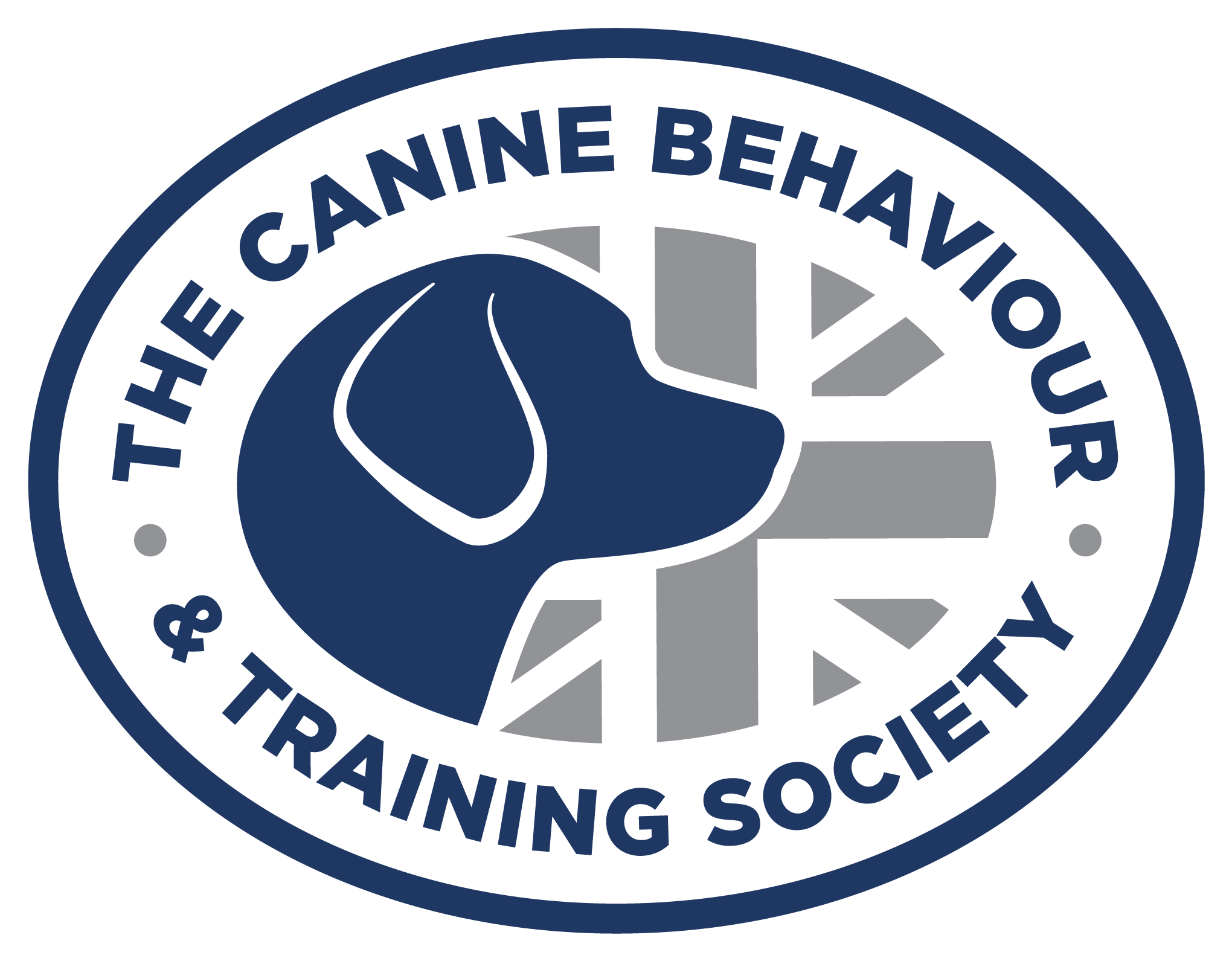Many of my clients and puppy class students will often hear me discuss how their behaviour can impact their dog’s behaviour and this often through observational learning. The idea that our dogs behave like us has been backed by research conducted in a collaborative project by biologists and psychologists at the universities of Vienna and Oxford. The study has shown that dogs, like children, can learn through observation, which means they can mimic humans’ actions.
The researchers designed an experiment to test the theory that dogs do have “social” capacity to copy what they see, using a wooden box. Ten owners showed their dogs how to open a sliding door, sometimes using their hands to push the handle, and sometimes their head. In the first part of the experiment, five dogs, including three border collies, an Australian shepherd and a cross breed, were rewarded with a tasty piece of sausage for copying their owners’ actions. The remaining five dogs, four border collies and a cross breed, were rewarded for not copying their owners method, but for using an alternative way of opening the door (using their paw having seen their owner use their head or hand).
The experiment was repeated with each dog hundreds of times and the time taken for a dog to copy the owners’ action, or ‘get it right’ on 85 per cent of attempts was recorded (17 out of 20 times).
Then, the second part of the test saw all ten dogs only being rewarded for copying the same way of opening the door as their owner had done. The five dogs that had previously been rewarded for copying their owners reached the 85 per cent mark almost twice as quickly compared to the other five.
Researcher Dr Friederike Range, a cognitive biologist at the University of Vienna, said: ‘The dogs brought with them to the experiment a tendency automatically to imitate hand use and/or paw use; to imitate these actions even when it was costly to do so, when imitation interfered with the efficient performance of an ongoing task.’
Writing in a paper published today in Proceedings of the Royal Society, they concluded: “This suggests that, like humans, dogs are subject to ‘automatic imitation’.”
Like humans, dogs cannot help imitating actions they see.
The dogs break down what they see into an “order of elements in a novel sequence of body movements”, they explained.
Critically, “observation of each element automatically activates a corresponding motor programme”.
Going further, they said the results “suggest that the imitative behaviour of dogs is shaped more by their developmental interactions with humans than by their evolutionary history of domestication”.
Caroline Kisko, from The Kennel Club, says “The findings confirm what many owners and people involved with dogs have known for years. A dog’s behaviour is influenced much like that of a child; through socialisation, learning right from wrong and adopting similar patterns of behaviour.”
Such research helps highlight the importance of dog owners understanding how their behaviour and actions can set good examples and positively influence the behaviour of their dog.
Learn more about our classes
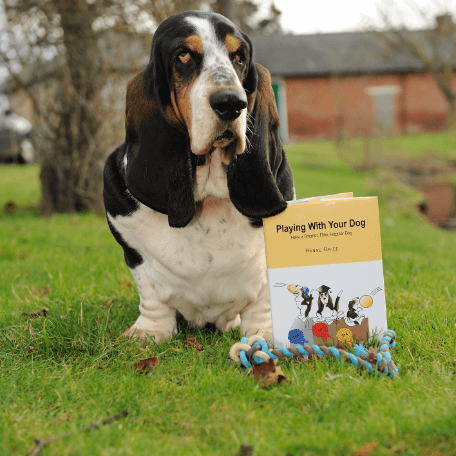
Get Hanne's Book
Playing With Your Dog will help any dog owner work out the games that are best suited for their pet to play throughout his life, from puppyhood to old age. The book also shares some tricks for all ages, group activities, and recommended toys that dogs will enjoy.















